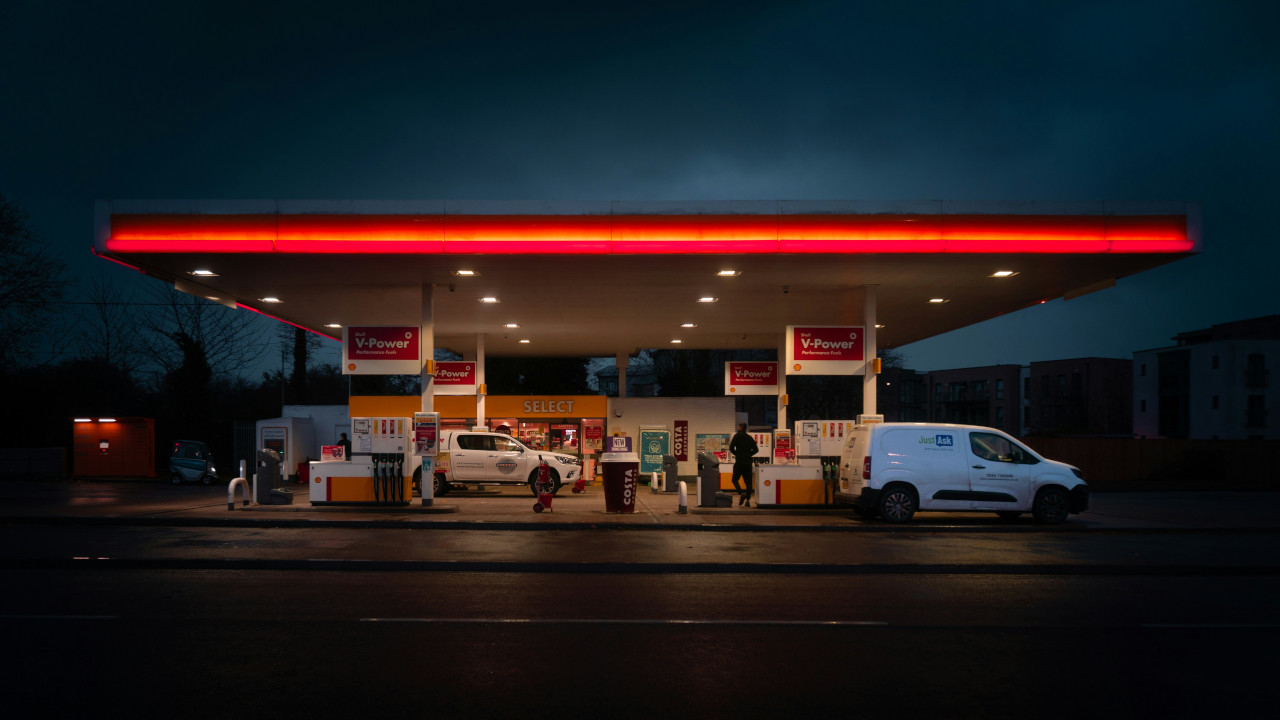Motoring
Price of Petrol Has More Than Doubled in the Past 4 Years

The petrol price has increased by more than double in the last four years. For instance, the unleaded 93 petrol has been hiked by 119%, and the unleaded 95 petrol and diesel have also increased similarly.
This is a breakdown of BusinessTech’s analysis. Unleaded 93 petrol increased from R11.51 per litre in May 2020 to R25.15 in May 2024, and unleaded 95 petrol increased from R12.22 in May 2020 to R25.49 in May 2024. This indicates that currently, South Africans are paying over 100 per cent of what they spent four years ago for fuel.
These affect not only motorists but also other road users. Most products in South Africa are transported by road. Hence, the option of road freight is caused by Transnet’s collapse of mining companies. Logistics firms rely on diesel and petrol to power their equipment, and increased costs force such businesses to find ways of improving their charges to cover their expenses at the same level as when fuel prices were lower.
Gavin Kelly, the CEO of RFA, also said that approximately 85% of all products transported within the country are transported via road. Still, fuel costs are essential since this transport relies heavily on fuel, accounting for 60% of its road freight costs.
Also read: Petrol and Diesel Prices Set to Rise in April
These costs are then transferred to the Consumers, increasing the retail price of nearly all necessities, including food and electronics. This raises the price level more than the increase in spending, causing inflation to rise and consumers’ purchasing power to go down.
Higher inflation affected monetary policy as the South African Reserve Bank increased interest rates, affecting consumers who had to repay their debts more. Hence, inflation arising from demand-side pressures might prolong high interest rates. Even though consumers wished they would see further interest rate cuts by Governor Lesetja Kganyago, this was not the case, meaning they would have to wait until the inflation was well-tamed.
The situation where fuel prices are high, inflation is high, and interest rates are also high is catastrophic to consumers. Though the government may aim to reduce fuel prices, it does not influence the world market prices for oil and the exchange rates of the rand so much. The fuel tax also remains unpredictable as a method for generating government revenue since, in the past, it accounted for R93.37 billion in the 2023/24 fiscal year, about five per cent of the projected total tax revenues.
Motorists faced only the familiar wrath of the increased general fuel levy and the Road Accident Fund (RAF) levy in the 2024 Budget. However, other measures to decrease fuel taxes will likely negatively impact the government’s resources and worsen the budget.
Source: Petrol price more than doubled over last four years
Also read:
Picture: Unsplash / Kyle Bushnell
Follow us on Google News.










